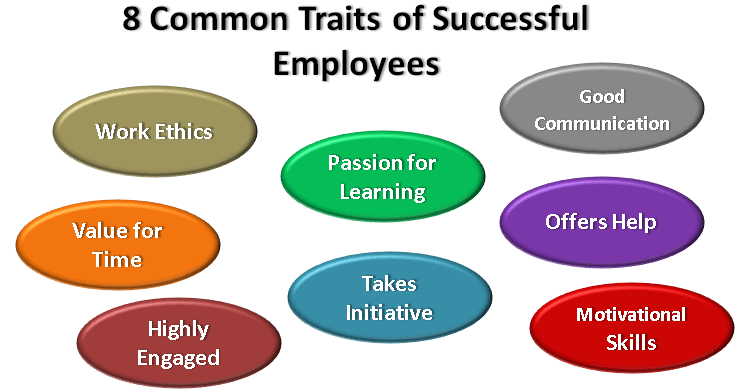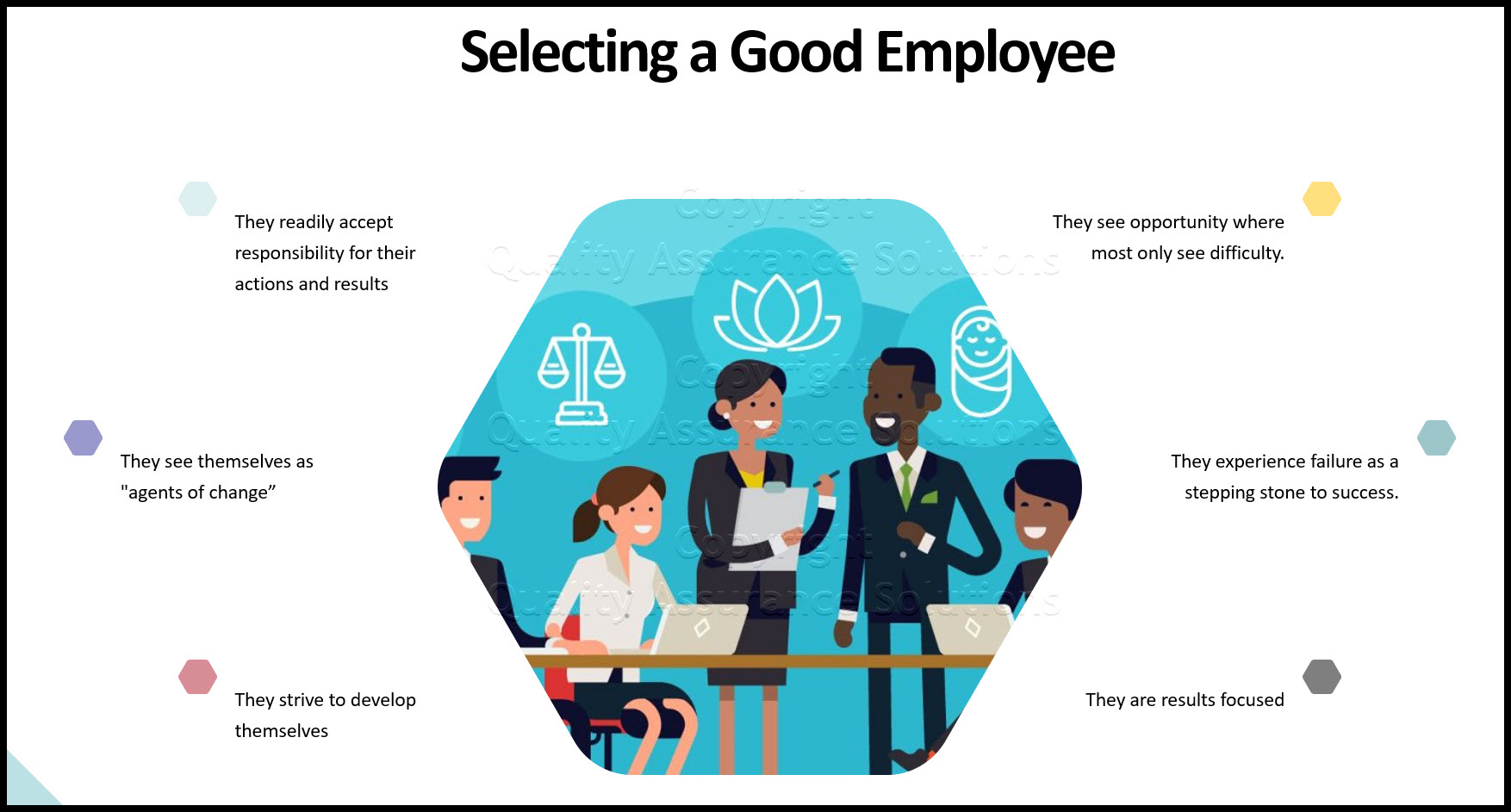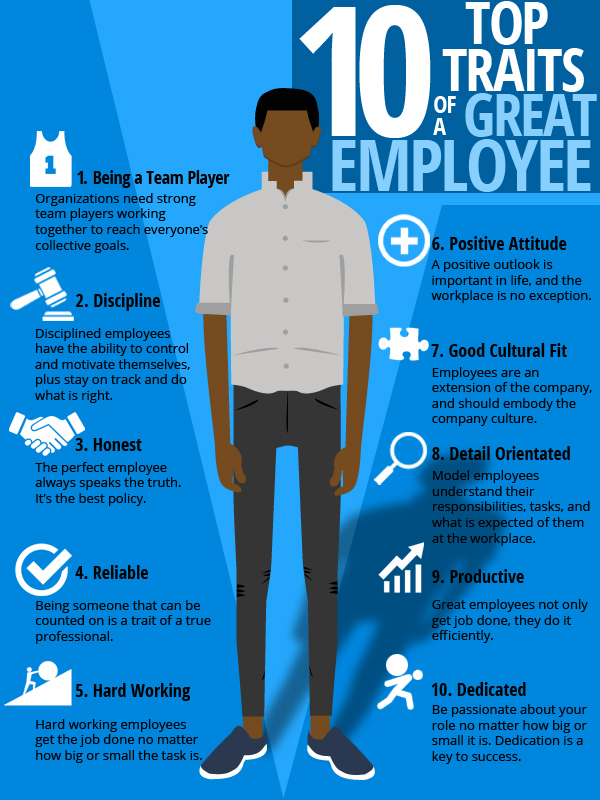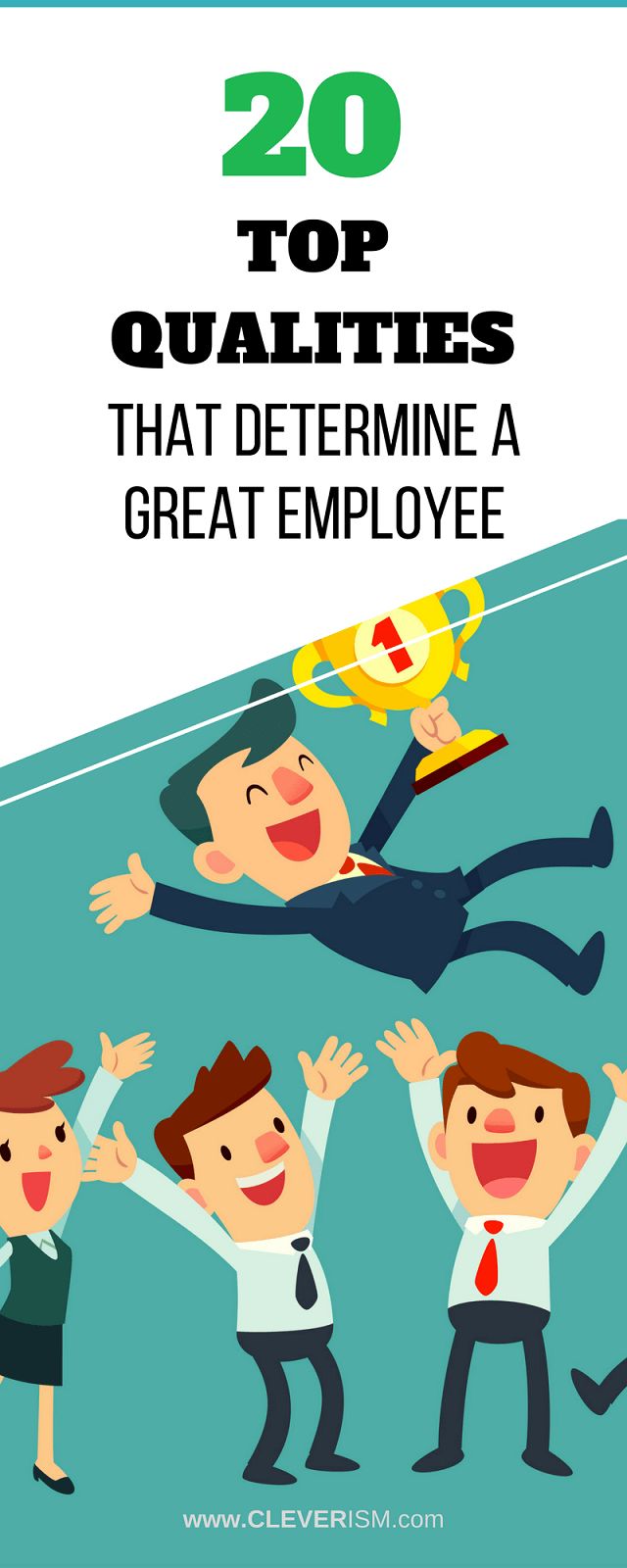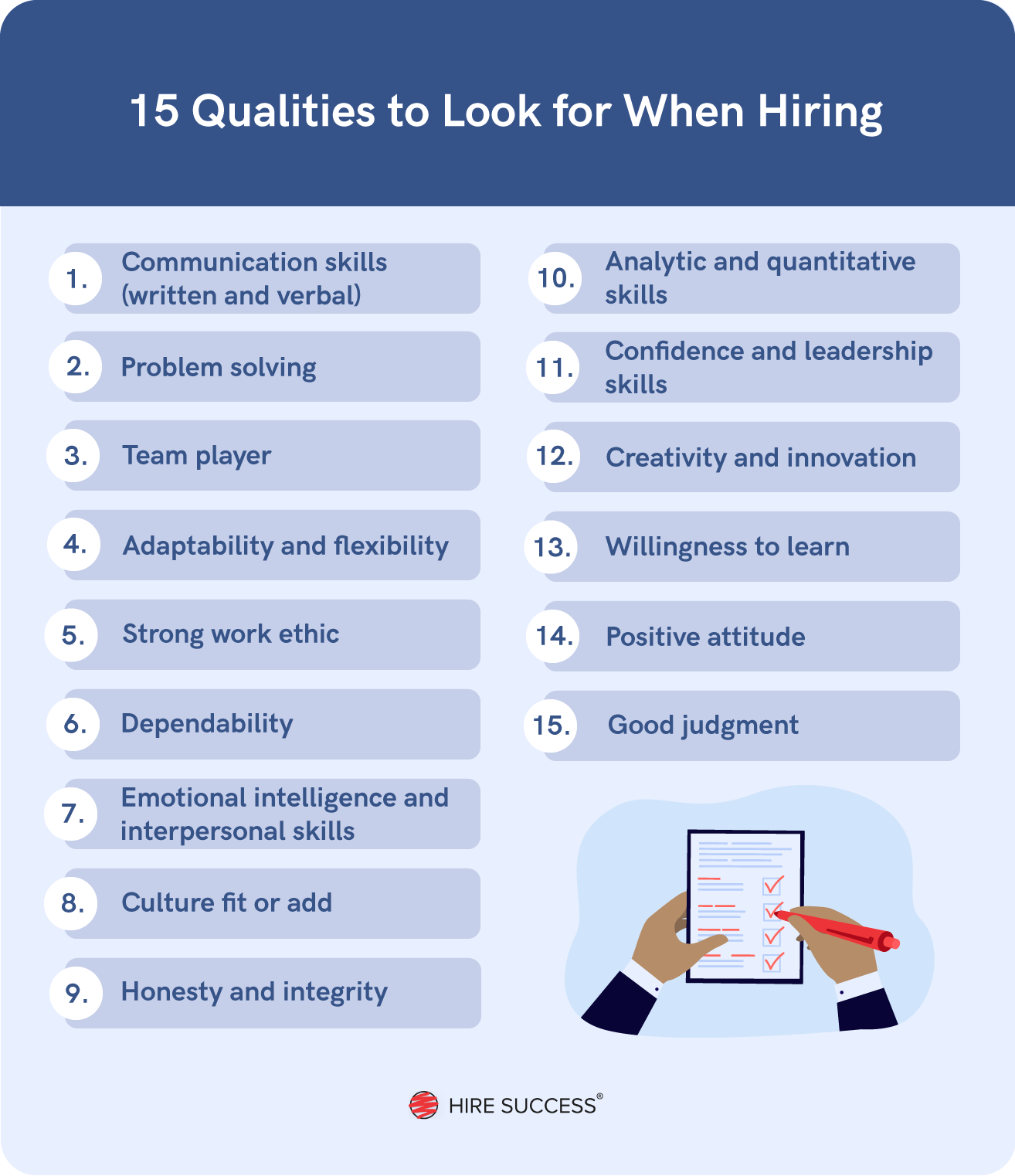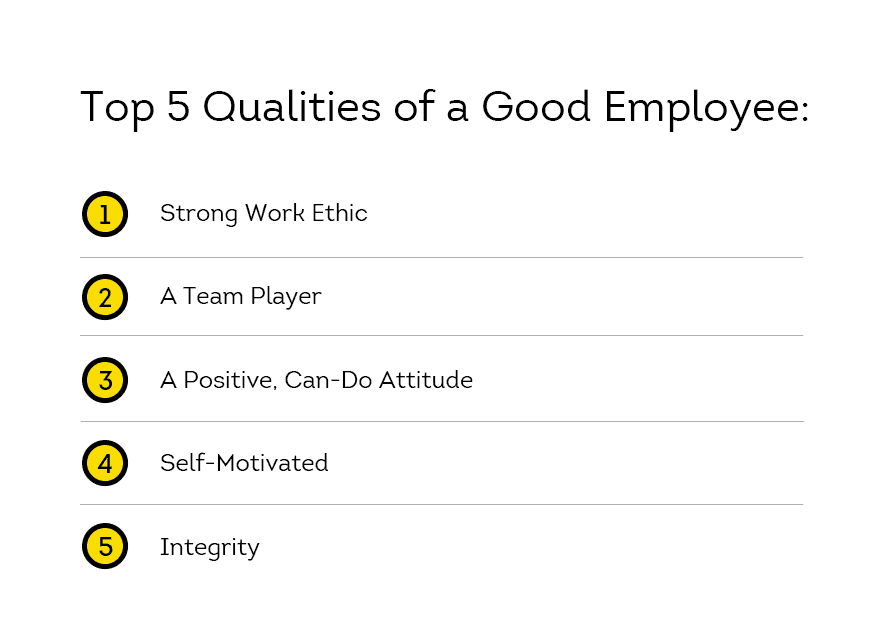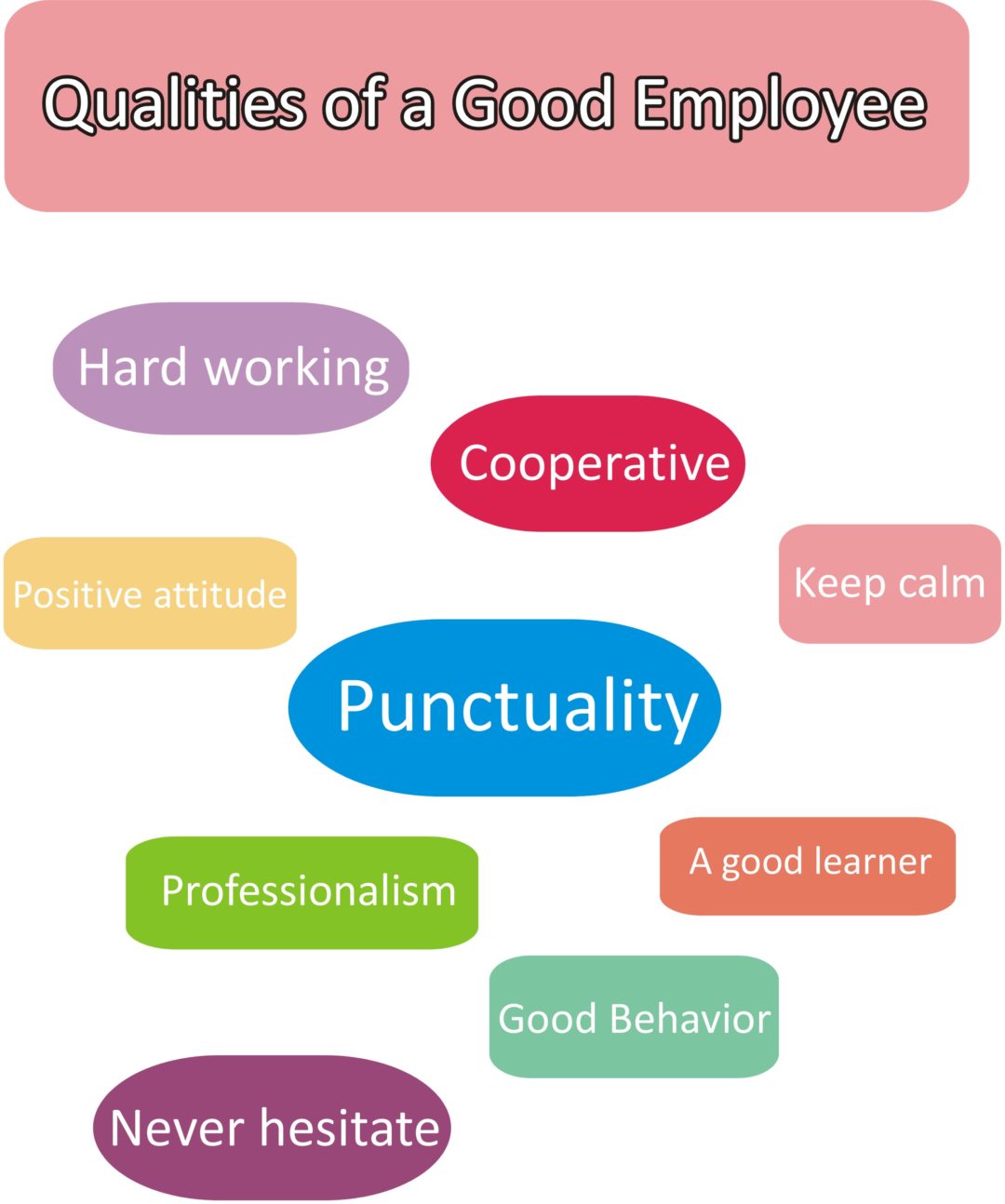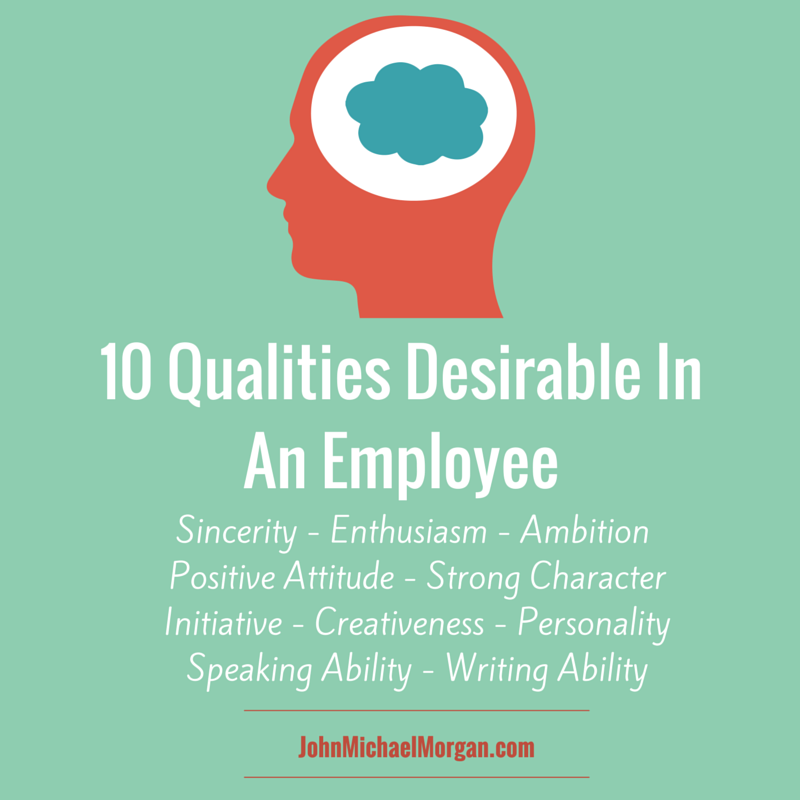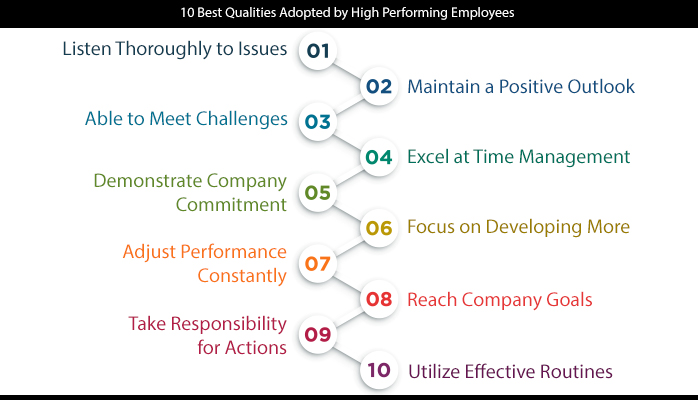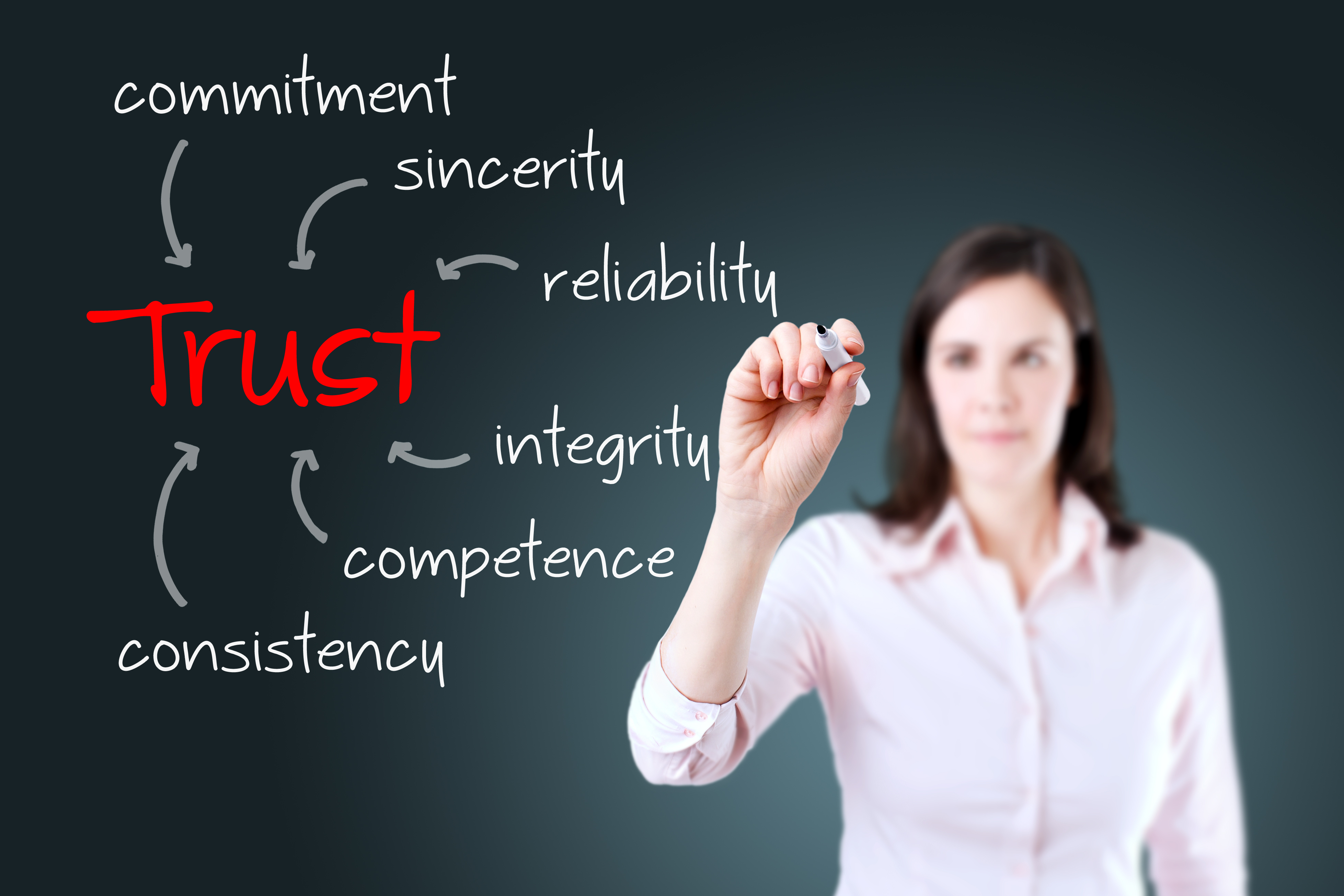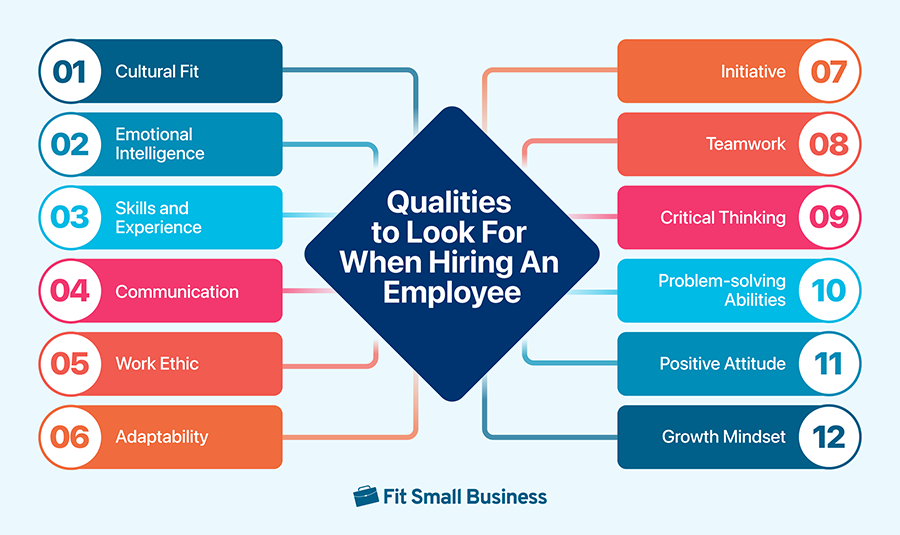Best Characteristics Of An Employee
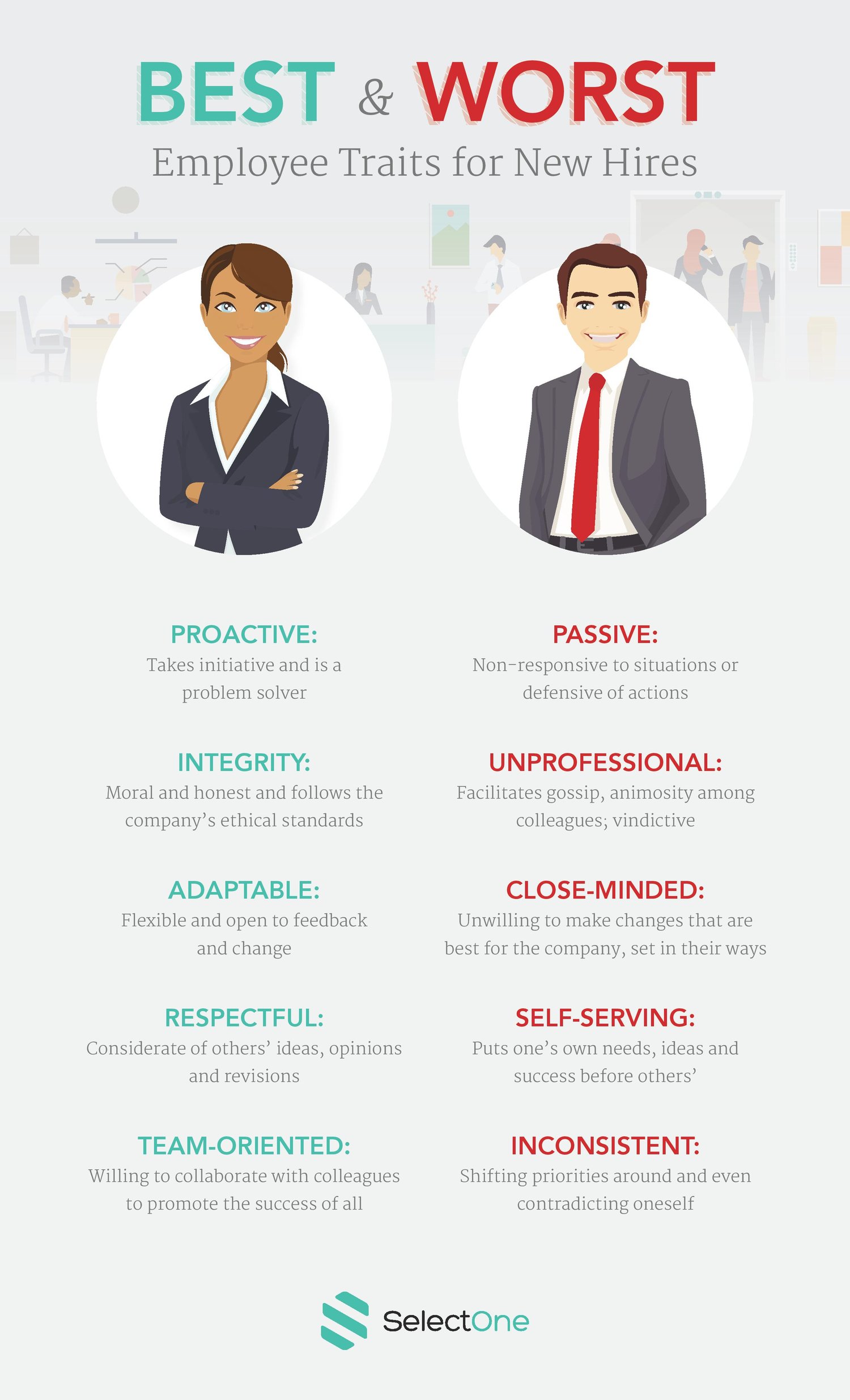
In today's competitive business landscape, a company's success hinges significantly on the quality of its workforce. Understanding the core attributes that define an exceptional employee is paramount for any organization aiming to thrive. This review delves into the essential characteristics, helping businesses identify and cultivate top talent, ultimately optimizing performance and achieving strategic goals.
Defining the Ideal Employee: Key Attributes
What truly distinguishes a remarkable employee from the average performer? It's a blend of skills, behaviors, and attitudes that contribute to a positive and productive work environment. We'll explore the most vital attributes, analyzing their impact on individual and team success.
Top-Tier Performers: A Shortlist of Essential Traits
- Adaptability: Embracing change and learning new skills.
- Communication: Clearly conveying ideas and actively listening.
- Problem-Solving: Identifying issues and developing effective solutions.
- Teamwork: Collaborating effectively with colleagues.
- Initiative: Taking ownership and proactively seeking opportunities.
- Integrity: Maintaining ethical standards and trustworthiness.
- Accountability: Taking responsibility for actions and outcomes.
- Time Management: Prioritizing tasks and meeting deadlines.
- Positive Attitude: Contributing to a positive and encouraging work environment.
- Continuous Learning: Staying updated with industry trends and enhancing skills.
Detailed Reviews of Key Characteristics
Adaptability: The Cornerstone of Resilience
Adaptability is the ability to adjust to changing circumstances and new challenges. In a rapidly evolving business world, this trait is indispensable. Employees who readily embrace change are more likely to succeed.
They can quickly learn new technologies, adjust to shifting priorities, and remain productive amidst uncertainty. This flexibility fosters resilience and ensures continued growth.
Communication: The Bridge to Collaboration
Effective communication is fundamental for seamless collaboration and clear understanding. It encompasses both verbal and written communication, as well as active listening skills. Employees who communicate effectively can convey ideas concisely and persuasively.
They can also build strong relationships with colleagues and clients. This skill promotes teamwork and reduces misunderstandings.
Problem-Solving: Navigating Challenges Effectively
Problem-solving involves identifying issues, analyzing information, and implementing effective solutions. Employees with strong problem-solving skills are invaluable assets to any organization. They can proactively address challenges.
And they can find innovative solutions that improve efficiency and productivity. This ability minimizes disruptions and maximizes output.
Teamwork: Synergizing Efforts for Success
Teamwork is the ability to collaborate effectively with colleagues to achieve common goals. It requires cooperation, mutual respect, and a willingness to support others. Employees who excel in teamwork can contribute to a positive and productive team environment.
They can leverage diverse skills and perspectives to achieve superior results. This collaborative spirit enhances overall performance.
Initiative: Proactive Engagement and Ownership
Initiative involves taking ownership of tasks and proactively seeking opportunities for improvement. Employees with initiative are self-motivated and driven to exceed expectations. They don't wait for instructions but actively seek ways to contribute.
This proactive approach drives innovation and fosters a culture of continuous improvement. This behavior reflects a deep commitment to the organization's success.
Integrity: The Foundation of Trust
Integrity is adhering to ethical principles and maintaining honesty and trustworthiness. It's the cornerstone of building strong relationships and maintaining a positive reputation. Employees with integrity are reliable and dependable.
They act with transparency and uphold the highest ethical standards. This commitment to integrity builds trust and credibility.
Accountability: Taking Ownership of Outcomes
Accountability is taking responsibility for one's actions and outcomes. It involves owning both successes and failures and learning from mistakes. Employees who are accountable are more likely to be committed to achieving results.
They take ownership of their work and strive for excellence. This sense of responsibility drives performance and builds trust.
Time Management: Optimizing Productivity
Time management is prioritizing tasks, meeting deadlines, and using time effectively. Employees who manage their time well are more productive and efficient. They can handle multiple responsibilities simultaneously.
And they can still maintain a high level of quality. This skill maximizes output and minimizes wasted effort.
Positive Attitude: Fostering a Supportive Environment
A positive attitude contributes to a supportive and encouraging work environment. Employees with a positive outlook are more resilient and optimistic. They can motivate others and create a more enjoyable workplace.
This positive energy fosters collaboration and enhances morale. This outlook makes the workplace more desirable.
Continuous Learning: Staying Ahead of the Curve
Continuous learning involves staying updated with industry trends and enhancing skills. Employees who are committed to continuous learning are more adaptable and valuable. They can contribute to innovation and drive organizational growth.
This proactive approach ensures that the workforce remains competitive and relevant. This skill guarantees the future of any organization.
Side-by-Side Comparison of Employee Characteristics
| Characteristic | Impact on Productivity | Impact on Teamwork | Long-Term Value |
|---|---|---|---|
| Adaptability | High | Medium | High |
| Communication | Medium | High | High |
| Problem-Solving | High | Medium | High |
| Teamwork | Medium | High | High |
| Initiative | High | Medium | High |
| Integrity | Medium | High | High |
| Accountability | High | Medium | High |
| Time Management | High | Low | Medium |
| Positive Attitude | Medium | High | Medium |
| Continuous Learning | Medium | Medium | High |
Practical Considerations for Employers
When assessing potential hires or evaluating current employees, consider these practical aspects. Integrate behavioral interviews to gauge adaptability and problem-solving skills. Implement regular performance reviews.
Focus on providing constructive feedback and opportunities for growth. Invest in training and development programs. These efforts cultivate essential traits and improve overall performance.
Summary and Conclusion
Exceptional employees are defined by a combination of essential characteristics that drive productivity, teamwork, and long-term value. Adaptability, communication, problem-solving, and teamwork are paramount. Initiative, integrity, accountability, time management, a positive attitude, and continuous learning are all critical.
By understanding these attributes, businesses can optimize their workforce and achieve their strategic goals. Consider all the factors mentioned to make an informed decision and create a thriving work environment.
Ready to elevate your team's performance? Assess your current talent and start cultivating these essential characteristics today.
Frequently Asked Questions (FAQ)
Q: How can I assess adaptability in a job interview?
A: Ask behavioral questions that explore how the candidate has handled unexpected changes or challenges in the past. Look for evidence of flexibility and resourcefulness.
Q: What are some effective ways to promote teamwork in the workplace?
A: Encourage collaboration through team-based projects, cross-functional training, and team-building activities. Foster a culture of open communication and mutual support.
Q: How can I encourage employees to take initiative?
A: Empower employees to take ownership of their work, provide opportunities for them to contribute ideas, and recognize and reward initiative. Create a safe environment where employees feel comfortable taking risks.
Q: Why is integrity so important in an employee?
A: Integrity is crucial for building trust, maintaining a positive reputation, and ensuring ethical behavior within the organization. Employees with integrity are more likely to act in the best interests of the company.
Q: How can I help employees improve their time management skills?
A: Provide training on time management techniques, such as prioritization, goal setting, and task management. Encourage employees to use productivity tools and techniques to optimize their workflow.
